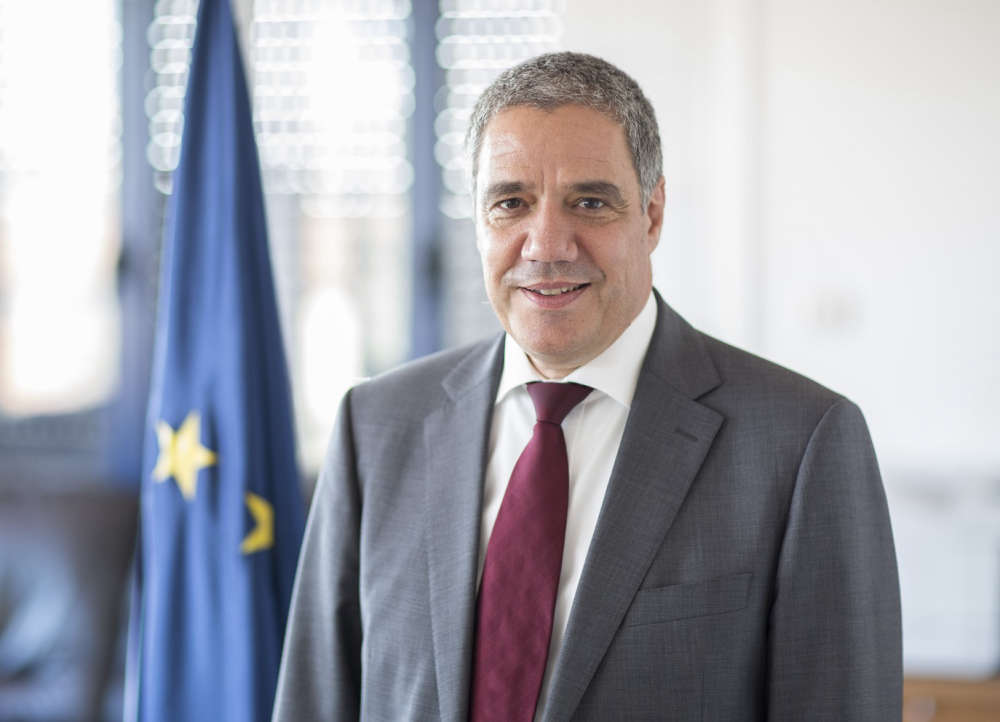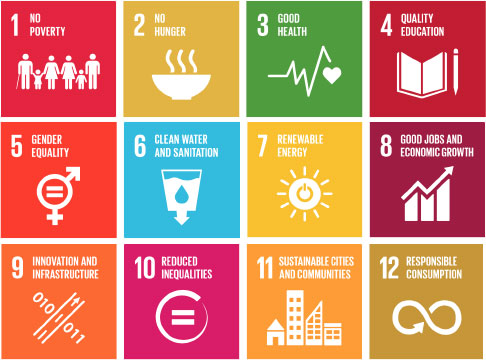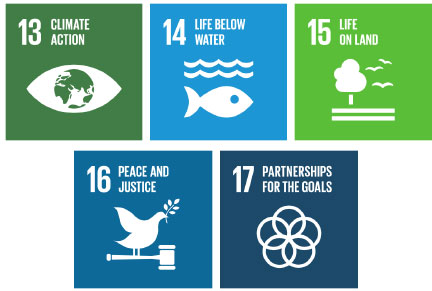The 2030 Agenda for Sustainable Development signaled a transformative shift in the way the international community works together to tackle global poverty and achieve sustainable development. The European Union and our member states remain fully committed to implementing the 2030 Agenda within Europe and internationally. For the European Union, the 2030 Agenda is neither optional nor reversible. We believe that it remains our best chance of creating a better world for all.
There has been some good progress in the two years since the adoption of the 2030 Agenda. The Agenda and its Sustainable Development Goals (SDGs) are important features of the Palestinian Authority’s National Policy Agenda, “Putting Citizens First.” The second United Nations Development Assistance Framework (2018–2022) will also help ensure that the Palestinian people remain at the center of development programming and that the UN system supports the implementation of the 2030 Agenda. Governments in many countries across the world are putting in place strategies, coordination structures, and monitoring systems that will give the impetus and focus we need to implement this ambitious agenda. We welcome in particular Palestine’s decision to present a Voluntary National Review of its efforts to implement the 2030 Agenda at the UN’s High-level Political Forum on Sustainable Development (HLPF) next year.
The 2030 Agenda is universal, and within the European Union we are implementing the Agenda through two main strands of work. First, we are mainstreaming the SDGs into our European policy framework and current priorities of EU institutions. Examples include our commitment to the Paris Agreement on Climate Change. We have adopted a Nature Action Plan, which aims to protect biodiversity. We have agreed an ambitious energy policy, which looks across sectors at synergies with social issues, such as energy poverty, and with environmental issues that aim to promote a circular, low-carbon, competitive, and inclusive EU economy. We have adopted the European Pillar of Social Rights and produce an annual report on equality between women and men in the European Union. Second, we are developing our longer-term vision for SDG implementation post-2020. We will soon launch a multi-stakeholder platform with a role in the follow-up and exchange of best practices on SDG implementation. We will also report regularly on implementation progress, starting this year.
The European Union is fully committed to the implementation of the Sustainable Development Goals, both in its internal and external actions. To this end, a new European Consensus on Development has been adopted to provide a framework for a common approach and more coordinated, collaborative interventions.
In parallel, we are taking full account of the 2030 Agenda in EU external action so that we can support partner countries in their implementation of the 2030 Agenda and also protect and promote global public goods. For example, the SDGs will be a crosscutting element of the work to implement the 2016 Global Strategy for the European Union’s Foreign and Security Policy. Thus, in June 2017, a new European Consensus on Development was signed by the presidents of the European Commission, the European Parliament, and the European Council. This new Consensus provides a framework for a common approach to development policy for EU institutions and for all EU member states. It signals a new era of closer, more coordinated EU collaboration, working together with our partner countries. It approaches development cooperation from a much broader perspective to address in a mutually beneficial way other challenges such as humanitarian action, security, migration, environment, and climate change.
The European Union and our member states strongly support a robust global monitoring and review process for the 2030 Agenda. By the end of the High-level Political Forum next year, 24 EU member states will have presented their Voluntary National Reviews. Through the Consensus, the European Union and its member states will also boost the statistical capacity of developing countries so that they can also better implement the 2030 Agenda and ensure that no one is left behind. In that context, we also welcome the work of the High-level Group for Partnership, Coordination and Capacity-Building for Statistics for the 2030 Agenda for Sustainable Development, including at its next meeting in Palestine in November 2017.
To conclude, the 2030 Agenda and its SDGs provide a pathway towards a more sustainable and resilient future. The European Union will work to implement the 2030 Agenda at home but will also work with all our partners to see it implemented across the globe, including in Palestine. Working together, we can bring this ambitious vision to reality.




